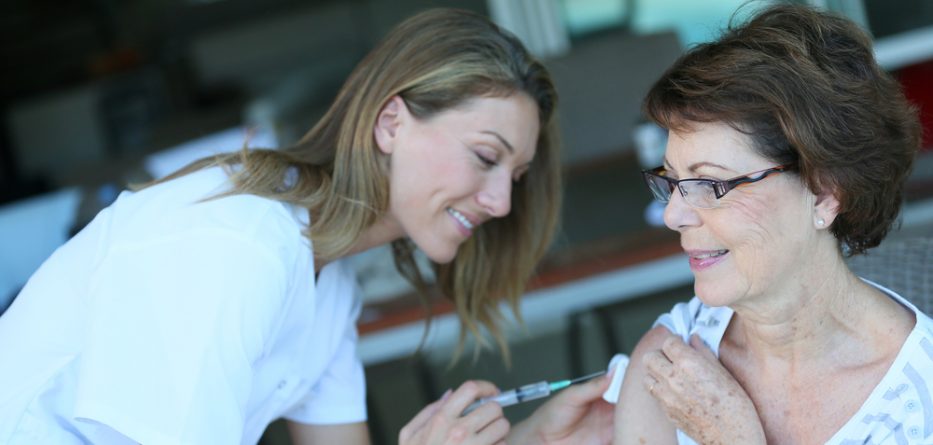Pneumonia is an infection of the lungs, resulting in lung inflammation. The infection is usually bacterial or viral.
The severity of the condition varies widely but generally, symptoms include coughing up mucus, a fever, chest pain, weakness, shortness of breath, nausea and diarrhea. These symptoms are generally more severe when the infection is bacterial rather than viral. In addition, bacterial infections usually come on faster. In severe cases, pneumonia can result in death. Globally, almost 1 million children under the age of 5 die from pneumonia every year.
Who is at risk?
Pneumonia is caused by breathing germs into the lungs. The lungs do have defenses against such germs, but sometimes these defenses can be weakened.
People who have recently had a cold or flu will find that their lungs will find it harder to fight infection, and are more likely to catch pneumonia. In addition, chronic illnesses like asthma, cancer, heart disease and diabetes also increase the risk factor of catching pneumonia.
Certain lifestyle choices increase this risk as well. Smoking and excessive drinking are both known to increase the risk of pneumonia.
Vaccinations
Vaccinations are a way of preventing many of the needless deaths caused by pneumonia. The pneumococcal vaccination helps the body to fight against 23 of most common types of pneumonia-causing bacteria. There are 80 overall.
Vaccinations help the body by delivering an essentially weakened form of pneumonia into the body. This weakened pneumonia is unable to do any damage, but the body will prepare to attack and destroy it anyway. The body’s immune system will then ‘remember’ how to attack pneumonia. This means that if pneumonia is ever encountered again, the immune system can destroy the bacteria more quickly, stopping it from spreading.
There are two types of pneumonia vaccination:
- Pneumococcal Conjugate Vaccine (PCV13 or 13): The Center for Disease Control and Prevention (CDC) recommends that doctors give the PCV13 vaccine to all children under the age of 2, as well as all adults over 65. Some people in between these ages who have certain medical conditions should receive this vaccine, too. In children, the vaccine is typically given in four stages.
- Pneumococcal Polysaccharide Vaccine (PPSV23 or Pneumovax23): Children should not be administered this vaccine. However, adults over 65, people aged 2 to 64 with certain medical conditions and adults aged 19 to 64 who smoke are recommended to take PPSV23.
Side effects of pneumococcal vaccination may include soreness at the site of injection, fever, rash and possible allergic reactions. Full details on certain medical conditions, side effects and dosage can be found by clicking here.
Featured image: Depositphotos / Goodluz




